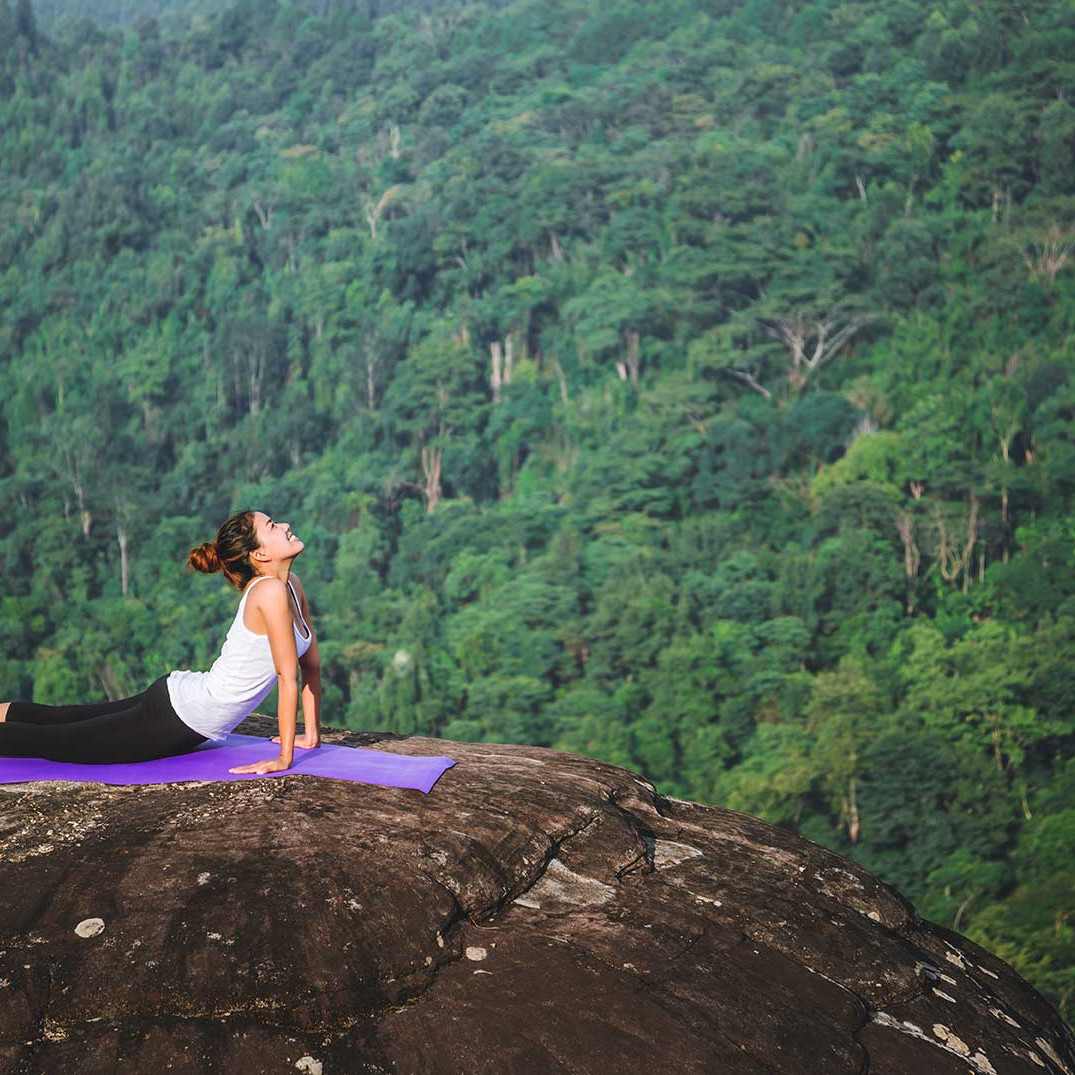What Every First-Time Solo Female Traveller Should Know Before Her Journey
There’s something uniquely exciting about the thought of booking a ticket and heading out alone. For many, the idea of solo travel brings a mix of curiosity, freedom, and just a touch of uncertainty. It’s no longer a rare choice either.
Recent surveys indicate that nearly one in four people plan to travel independently, while over half of global travelers express the same desire. Women make up a growing share of this movement, stepping out to explore new places, meet new people, and build confidence through independence.
Yet with this freedom comes important questions: how do you pack light without leaving out essentials, which documents are non-negotiable, and how do you stay safe in unfamiliar surroundings?
This guide explores the answers, offering practical advice to help first-time solo female travellers feel prepared and empowered.
The Rise of Solo Female Travel
Solo journeys appeal because they offer flexibility and allow for self-discovery. More women are embracing this freedom, but preparation plays a critical role in ensuring the experience is both safe and enjoyable. Travel experts often advise packing light to reduce the risk of losing items; however, thoughtful planning extends beyond clothing.
It also means thinking ahead about health, insurance, and how to get support in case of emergencies. Proactive preparation makes the difference between a stressful trip and one that feels secure and empowering.
Essential Documents and Legal Preparedness
Your passport and visas are the foundation of your journey. Confirm that your passport will remain valid for at least six months and review the visa requirements for each country. Make two copies of key documents, passport, visas, and insurance papers. Then keep one set at home and another separate from your originals. Secure digital storage is also recommended.
Travel insurance is non-negotiable. It should cover medical care, evacuation, theft, and trip cancellations. For adventure activities such as hiking or diving, check for specific coverage. Carry both local currency and a credit card with no foreign transaction fees, and spread your funds across multiple cards and accounts to reduce risk.

Being prepared also means knowing where to turn for help. Accidents abroad, whether slips in hotels, transport injuries, or sudden illnesses, can lead to disputes about responsibility or insurance coverage. This is where trusted firms like Zoeller, Hayden & Thron provide value. Their guidance in injury-related cases ensures travellers understand their rights and have support if the unexpected occurs.
Packing Smart: Less Is More
When travelling alone, every item you carry matters. Keep your luggage compact and organized with clothing that can be layered and worn in multiple ways. Limit shoes to one or two versatile pairs and add a small travel health kit, including prescription medicines in their original containers. Sun protection is vital, so be sure to bring sunscreen and a hat to protect yourself from burns.
Innovative gear also adds safety and convenience. A whistle, door wedge, and personal alarm can deter unwanted attention. A power bank and universal adapter ensure your devices stay charged, while packing cubes and a laundry bag keep items organised.
To make packing even easier, create a checklist before you start filling your bag. Prioritise multi-purpose items that save space, such as scarves that double as wraps or sarongs. Rolling clothes instead of folding them can also free up extra room. These small steps help you travel lighter without sacrificing comfort or safety.

Money, Safety, and Health Tips
Managing money wisely helps reduce risks. Divide cash and cards between a money belt, daypack, and hotel safe. Avoid displaying large sums or expensive jewellery. When socializing, meet acquaintances in public places and limit your alcohol consumption to stay alert. Regularly check in with family or friends to share your location and plans.
Health is equally important. Stay hydrated, get adequate rest, and eat nourishing foods to maintain energy. Pack a few basics such as bandages, antiseptics, and medicines for minor ailments. If your destination requires vaccinations, consult a travel clinic well in advance to ensure you receive the necessary vaccinations. A substantial body and a clear mind let you make the most of your trip.
Solo travel can also bring emotional challenges. Make space for self-care through activities like journaling, meditation, or regular calls with loved ones. Group activities, such as walking tours or cooking classes, are great for meeting people and reducing loneliness. Trusting your instincts helps you stay safe—if a situation feels wrong, step away.
Conclusion
Solo female travel is no longer niche; it’s a growing global trend. With thoughtful preparation, light packing, organised documents, comprehensive insurance, and practical safety habits, you can enjoy the freedom of exploring alone while staying protected. Planning for contingencies doesn’t limit the adventure; it empowers you to embrace it with confidence. With the right essentials in place, your journey can be safe, memorable, and truly your own.

